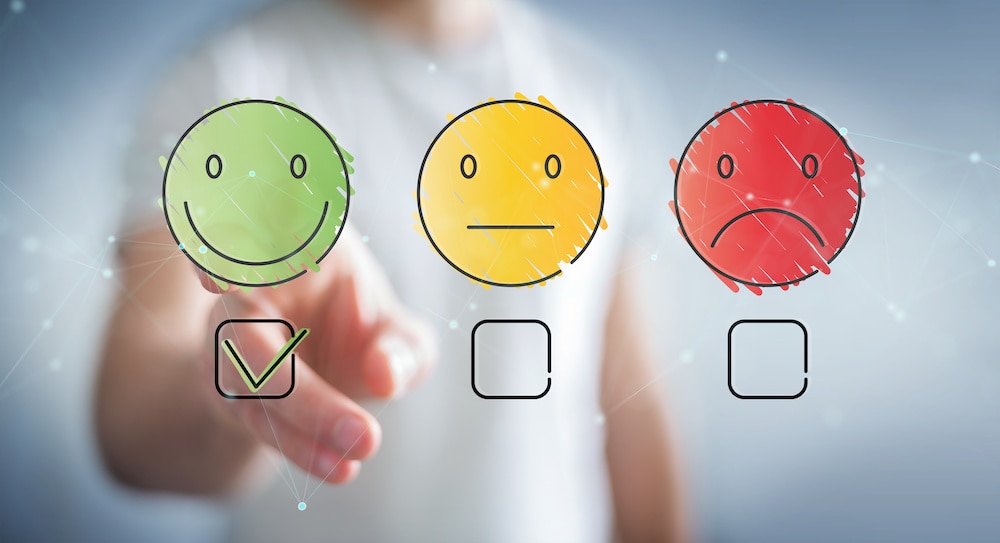Sticky notes, multiple Excel spreadsheets, and broken, “duct-tape” systems are the norm for many SMBs when it comes to managing their customers. Does this sound familiar? If your business is plagued by missed follow-ups, decentralized customer information and general chaos, a CRM (Customer Relationship Management) solution might be exactly what you need.
Accounting software is often the main hub of many SMBs, but there are some serious gaps left when it comes to keeping track of customer information outside of invoices and receipts. CRM software aims to bridge these gaps and provide a solution for tracking all that “extra” stuff accounting solutions tend to leave out.
This article is for anyone who is unsure about whether a CRM solution is right for their business (spoiler alert: you probably need one), and what considerations to make when adding this important tool to your arsenal.
We all know business can get messy. Day-to-day operations often include many phone calls, various documents, follow-ups, and a multitude of other separate but interconnected processes that need to work well together.
When things fall through the cracks, emails are left unreplied, or chances for sales are missed, your business suffers. Engaging customers and giving them a seamless, cohesive experience, along with making life easier for your team, can create happy customers and drive repeat business. Seems like a no-brainer, right?
If you aren’t managing your customer relationships, chances are you’re missing out and leaving something on the table. So now that you know you need a CRM solution, what exactly can it do?
There is a plethora of options in the CRM space these days, each with their own flavor and toolbox of capabilities. While not all CRMs are created equal, there is certain core functionality that most have. It’s best to shop around and do your research to find exactly which solution is the right fit for your business.
In general, CRM solutions will give you a centralized container for all of the customer information that is not in your accounting software. Here are some of the areas where you can get help.













